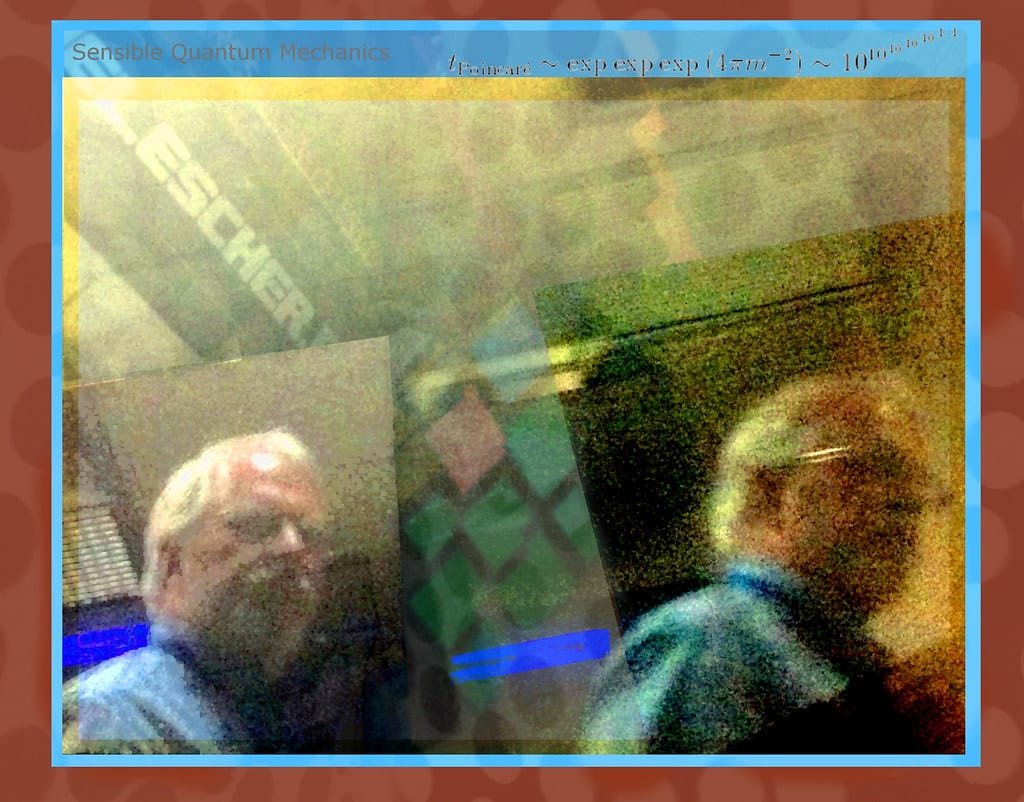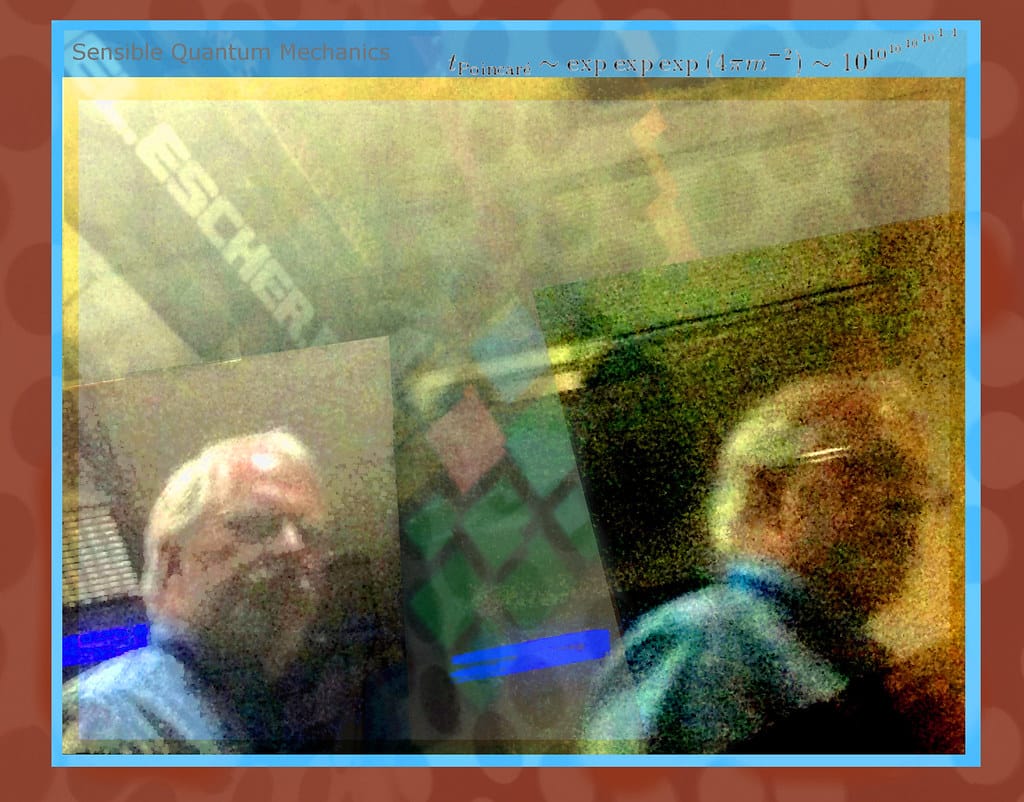The Great Quantum Divide: Why the World's Brightest Physicists Can't Agree on Reality
Nearly a century after its birth, quantum mechanics remains one of science's most successful yet philosophically troubling theories. While it predicts experimental outcomes with extraordinary precision, the world's leading physicists are locked in heated debate about what it actually tells us about the nature of reality itself.
The Measurement Problem That Won't Go Away
The controversy centers on what physicists call the "measurement problem." When quantum particles exist in superposition—simultaneously occupying multiple states—they appear to "collapse" into a single definite state only when observed or measured. But what constitutes a measurement? And why does observation seem to fundamentally alter reality?
"The mathematics works perfectly, but we're still arguing about what it means," explains Dr. Sean Carroll, a theoretical physicist at Caltech. "It's like having a GPS that gets you where you need to go every time, but no one can agree on how roads actually work."
The Major Camps of Interpretation
Many-Worlds: Reality Splits Infinitely
The Many-Worlds interpretation, championed by physicists like Hugh Everett III and later developed by David Deutsch, suggests that all possible quantum outcomes actually occur—but in separate, parallel universes. When you measure a quantum particle, you're not collapsing its wave function; you're simply discovering which branch of the multiverse you happen to inhabit.
Recent surveys show this interpretation gaining ground among younger physicists, with approximately 25% of quantum researchers now favoring it—up from just 17% a decade ago.
Copenhagen School: The Classical Consensus
The traditional Copenhagen interpretation, developed by Niels Bohr and Werner Heisenberg, maintains that quantum particles don't have definite properties until measured. Reality, in this view, is fundamentally probabilistic rather than deterministic.
Despite being the textbook standard for decades, support for Copenhagen has declined significantly. A 2022 survey of 1,234 physicists found only 29% still endorse this interpretation, down from over 40% in previous surveys.
Hidden Variables: The Realist Rebellion
Some physicists, following Einstein's famous objection that "God does not play dice," argue for hidden variable theories. These suggest that quantum randomness reflects our ignorance of deeper, deterministic processes rather than fundamental uncertainty.
Though Bell's theorem mathematically ruled out local hidden variables in the 1960s, non-local variants and theories like superdeterminism continue to attract serious researchers, including Nobel laureate Gerard 't Hooft.
The Stakes Are Higher Than Philosophy
This isn't merely academic navel-gazing. Different interpretations lead to different predictions about cutting-edge technologies:
Quantum Computing: Many-Worlds proponents argue quantum computers derive their power from parallel processing across multiple universes, while Copenhagen adherents see it as exploiting superposition within a single reality.
Consciousness Studies: Some interpretations suggest consciousness plays a fundamental role in collapsing wave functions, potentially bridging physics and neuroscience in unprecedented ways.
Technological Development: Understanding what quantum mechanics "really means" could unlock new applications in quantum sensing, cryptography, and teleportation technologies.
The New Generation Changes Everything
Younger physicists are increasingly willing to challenge orthodox interpretations. Dr. Emily Chen, a quantum information researcher at MIT, represents this shift: "My generation grew up with quantum computing and quantum information theory. We're less attached to the historical baggage and more focused on what the math actually tells us."
This generational divide is reshaping the field. Recent doctoral dissertations show 40% more students choosing thesis topics related to quantum foundations compared to just five years ago.
Where the Debate Goes Next
The proliferation of quantum technologies is forcing physicists to confront these interpretational questions with new urgency. As quantum computers become more powerful and quantum experiments more sophisticated, the abstract philosophical debates of yesterday are becoming the practical engineering challenges of tomorrow.
Perhaps most intriguingly, some physicists are beginning to argue that the question itself may be wrong—that asking "what does quantum mechanics say about reality" assumes reality has a definite nature independent of our theoretical frameworks.
The quantum revolution that began with Max Planck over a century ago continues to challenge our most basic assumptions about existence, measurement, and the nature of scientific knowledge itself. While the mathematics remains unambiguous, the meaning behind those equations ensures this will remain one of science's most fascinating and consequential debates for generations to come.

